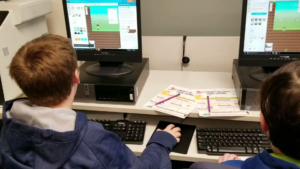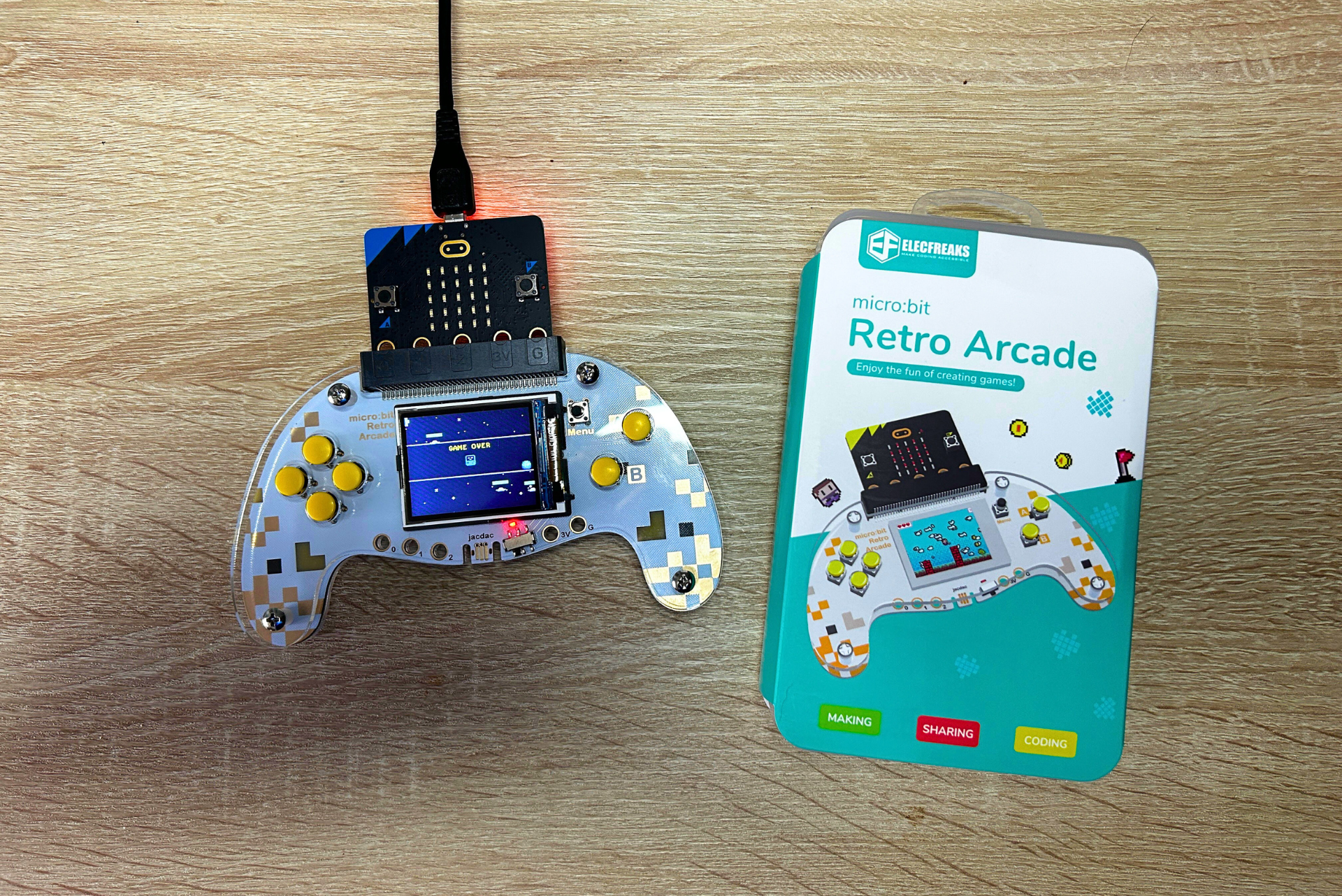It is right around late spring when parents or guardians begin their hunt for camps and activities for their young person. “What makes a good coding camp?”. I often get asked this having taught kids camps for over 15 years. Here are my tips so you find the right camp for your young person.
No doubt COVID-19 and the global pandemic has rocked our education world and has changed how much we are “online” in our virtual classrooms. As a parent I too am sensitive to how much ‘screen time’ a child has. What I would offer is to consider is whether the time is QUALITY SCREEN TIME or not. In other words, education vs. entertainment.
The digital world is here to stay and our kids will need the digital skills in conjunction with solid ‘soft skills’ to succeed. So I hope these tips are helpful!!
“Hi! I wanted to let you know what a great impact you are making on Ian with your coding class. On the ride home today he could not stop talking...Mr. Fred wanted to be an astronaut, Mr. Fred saw Star Wars, Mr. Fred started programming when he was a kid…”
- Julie B. (Mom of one of my students) Tweet
That is why I do this. Period.
Over the past 17 years, I have had the privilege to work with kids between 8 and 15 years old at a coding camp and at various locations during the summer months. Yes, by the end of those weeks in the summer, I was exhausted but in a feel-good kind of way.
I am always thrilled to see the smiles of my students when it was all done as we shook hands and sailed off into the rest of our summers. Kids would come up to me to grab a photo with me and tell me how they would plan on ‘coding’ for the remainder of their summer vacations.
 They would be all excited having unlocked the mystery of coding and actually built something. It was a very ‘cool’ and very humbling experience.
They would be all excited having unlocked the mystery of coding and actually built something. It was a very ‘cool’ and very humbling experience.
When schools let out and summer rolls into town, camps popup everywhere. Growing up, I really don’t remember going to any camps.
All I remember is playing baseball for a few weeks and then the rest of the summer was spent riding bikes, building forts in the woods behind my house, swimming in my friends pool, and playing kick the can under the streetlight in front of my house until my parents called me inside. ….Man! I miss those days!!!
On the rainy days, we would hook up the Atari 2600, sketch out a tournament bracket and play one of the few games we had. Times have changed and camps are available at churches, schools, community centers, libraries, and local colleges. This is great way to expose a child to new and creative venues which is why I love the opportunity to teach coding as a camp.
I can’t tell you how many parents come up to me during camp week asking all sorts of questions about coding. Parents, unlock the mystery of coding here. I will be sharing my answers to these questions that may help you.
What makes a good coding camp?
Use these questions and considerations when you are looking for a kids coding camp.
- Ask how the camp is structured and how the kids will be spending their time.
- How much time on the computer?
- How much time on the computer?
- What other activities? Ask for the instructor's email and ask them directly.
If they don’t have anything to provide or say, this may not be a well run camp. It is not the end of the world but good teachers don’t go into a learning environment without a plan. Chaos can often result and children get bored and frustrated. This may make the “drop off” when you bring your child to the camp even tougher on you! Kids know when something is not a good experience.
- The camp should introduce them to concepts that introduce the process that surrounds our work in software programming.
- Ask the instructor how they will prepare them to create a software program.
- Will there be teamwork with other students?
- Will they get the opportunity to present in front of other students?
I am huge proponent of teamwork as I have team projects in all my college level classes. Learning collaborative skills at any age is an excellent skill to develop. Now, teamwork is not mandatory but if your son or daughter is shy or introverted at school maybe they haven’t connected with many other kids or had an easy time making friends. A good camp should provide that opportunity for them to connect with other kids who have an interest in computing or technology. CHECK OUT MY LEGO CHICKEN CHALLENGE for team building!
- How do they handle a student who already has some kind of technology experience?
I get many repeat attendees as student campers. When I identify them, I do my best to introduce something new to them. I don’t hold them back. Good instructors take that energy and experience and have the child help other children in the camp. Result, instant confidence!
- What is the technology to be used in the camp?
- Is the software available as a free or paid version to have at home?
Ok. There is a wide assortment of programming languages and technologies out there. You can’t have a kid learn them all in a few days. Heck, professionals can’t even keep up. So you want to keep your expectations in check regardless of how intelligent your child is.
All I have to say about this is when the camp is done, hopefully they used a tool they have access to for the rest of the summer and it isn’t just running on the computers at the camp. Languages come and go and if you talk to any programmer they will tell you, if you know one language you can learn any language.
If you are a parent and you are seeking new outlets for your child to learn coding contact me. I will be glad to help in any way I can.
I know not everyone needs to be a programmer but I do think we can all use these experiences to become better problem solvers. And we all know our careers are spent solving problems.
Happy Coding,

Mr. Fred
Let Me Help You

If you are a teacher or someone looking to help others learn to code, let me help you.
4 possible areas that can contribute to Zoom fatigue
The following bullets break down the four main areas that can create this fatigue. It can be one or a combination. In any case, think about these when you are getting ready for your next video chat and look to the possible solutions below to limit them.
Excessive close-up gazing at the video tiles.
- Think “Elevator” – strangers standing close, and not knowing where to look
- Compare to speakers being live and the crowd staring (draining effect)
- Size of faces on the screen (how far you sit away from the monitor)
- Direct eye to eye contact is uncommon in live meeting







